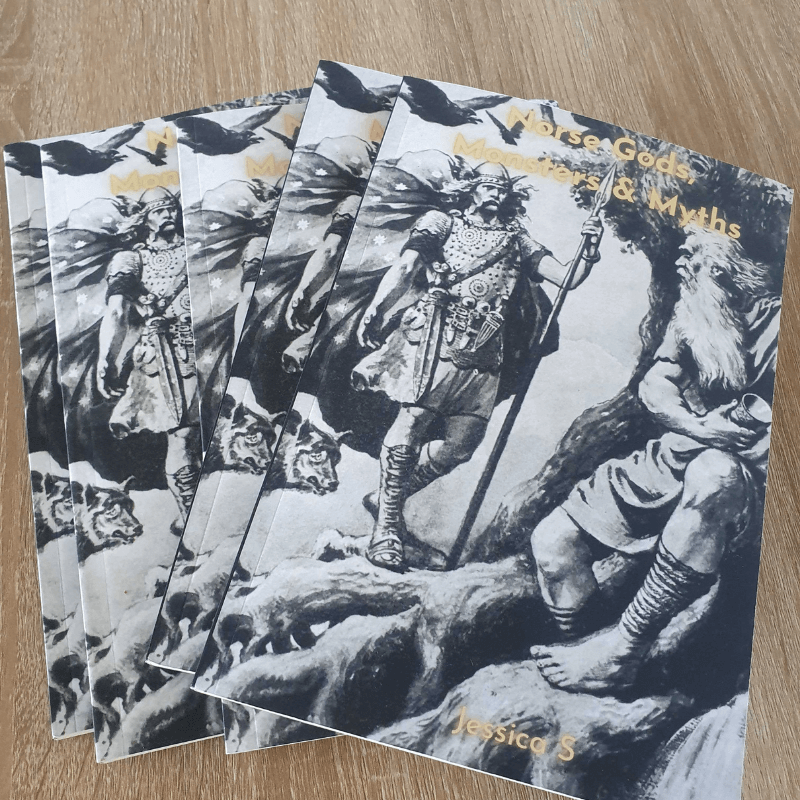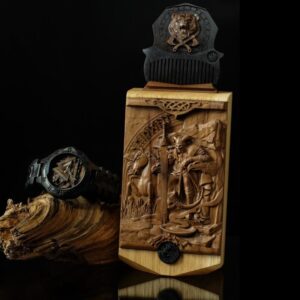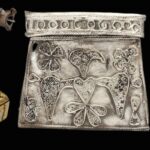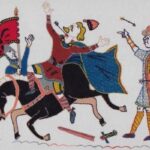If you scan the surviving Scandinavian texts, you will find the names of many Norse gods and goddesses. But many are only mentioned in passing, and little is known about them beyond their name and the fact that they were considered among the Aesir.
Forseti is one such god. His name only appears twice in the surviving old Norse literature. But from these two references, many inferences have been made about the god. Below is a summary of what we know and what is speculated.
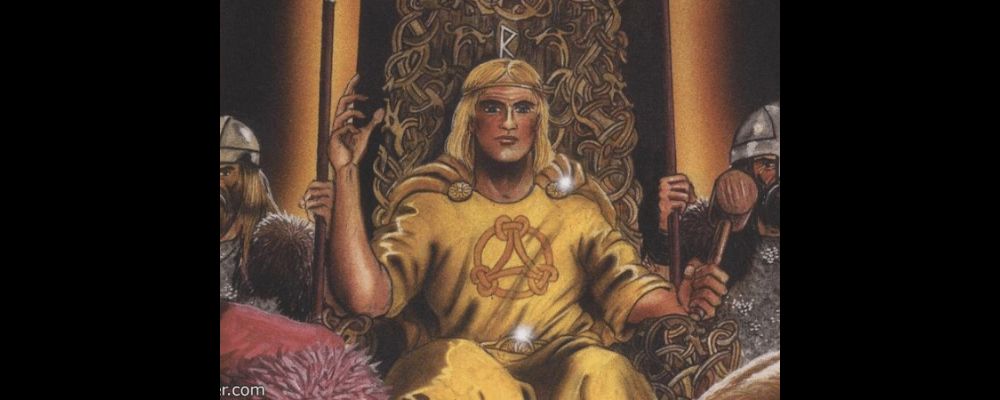
Forseti Norse God of Justice
Forseti is often called the Norse god of justice, and his name may mean “presiding one” in Old Norse. His link with justice is based on Snorri Sturluson’s assertion in the Poetic Edda that he lives in a glistening palace in Asgard called Glitner, with golden pillars and a roof of silver that shines so brightly it can be seen from great distances.
This is the celestial courthouse where Forseti presides over the best of courts, where his legal negotiation skills ensure that all who come there are reconciled. This is, according to Snorri Sturluson, in contrast to Tyr, who deals out a more brutal kind of justice rather than reconciliation.
While this seems like good evidence for Forseti’s role as a god of justice, there is no corroborating evidence for this statement in the Poetic Edda, or Snorri Sturluson’s claim that Forseti is the son of the god Balder, and therefore a grandson of Odin, with his wife Nanna. This information is not attested anywhere else in the Norse tradition.
It is known that Sturluson tends to tweak his source material to make neat and clean mythology. So these details could be taken from his sources or invented by the author. It is difficult to know.
Some scholars suggest that Forseti is equivalent to the Frisian god Fosite. If this is the case, there may be some further evidence for a connection between the god and the idea of justice.
According to a legend from a Medieval account, the Frankish king Charles Martel wanted to solidify a single law for his kingdom. He invited 12 Frisian law speakers, known as Asegas, to his court and asked them to recite the Frisian law. When they could not, he gave them the choice of death, slavery, or being set to sea in a rudderless boat.
The law speakers chose the latter and then prayed for help. A thirteenth man appeared among them, holding a golden axe. He used the axe to row the man to safety and then threw his axe onto the land. A spring emerged where his axe landed. The mysterious man, later identified as Fosite, then taught the men the law before disappearing.
On the basis of these stories, Forseti has become the patron of the Scandinavian legal assembly and the golden axe has become a symbol associated with the Norse god Forseti. You can find many Norse axe pieces in the VKNG collection.
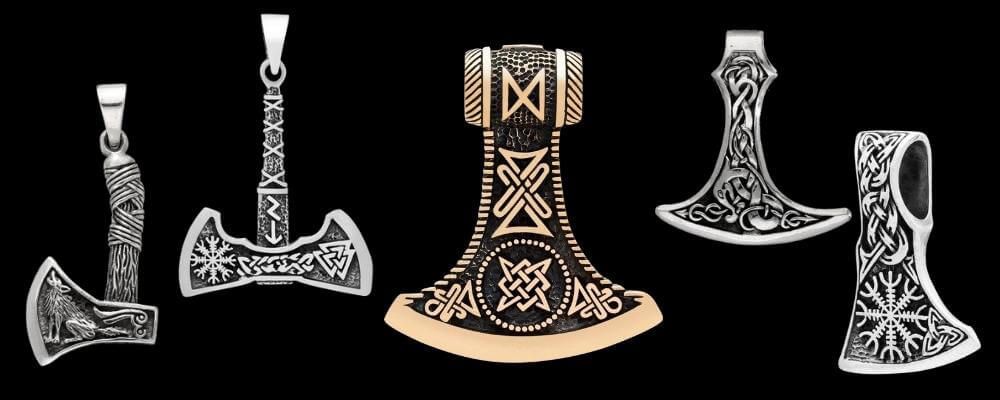
God of Running Water
But this story also points to another power associated with the Forseti, as where Fosite’s axe landed, a spring of running water emerged.
It is possible that the name Forseti comes from the word old Norse word “fors”, which means whirling stream, and that the god was connected with rivers or the sea. There is even a suggestion that he was Poseidon, imported to the north by Greek sailors and then incorporated into Norse mythology.
This suggestion may be supported by Alcuin’s Life of St Willebrord. He describes the Christain Saint visiting an island near Denmark called Fositesland. On the island, there is a sacred spring where water can only be drawn from it in complete silence. In the story, the Saint defiled the spring by killing a cow on its banks and then baptizing new Christians in its waters.This connection with water may suggest a link between Forseti and Njord, a Vanir god that lived among the Aesir and was considered the god of the sea, wind, and sea trade.

Forseti in Norse Mythology
When we talk about Norse mythology today, we often fall into the same trap as Snorri Sturluson. Collectively we embrace fragments of information, testimony from questionable sources, and possible academic extrapolations to fill in the blanks and create stories about a divine judge that may or may not have a basis in fact. These have become accepted, and suddenly Forseti was the Norse god of justice rather than an obscure Norse deity who may have been linked with running water and the law teaching.


